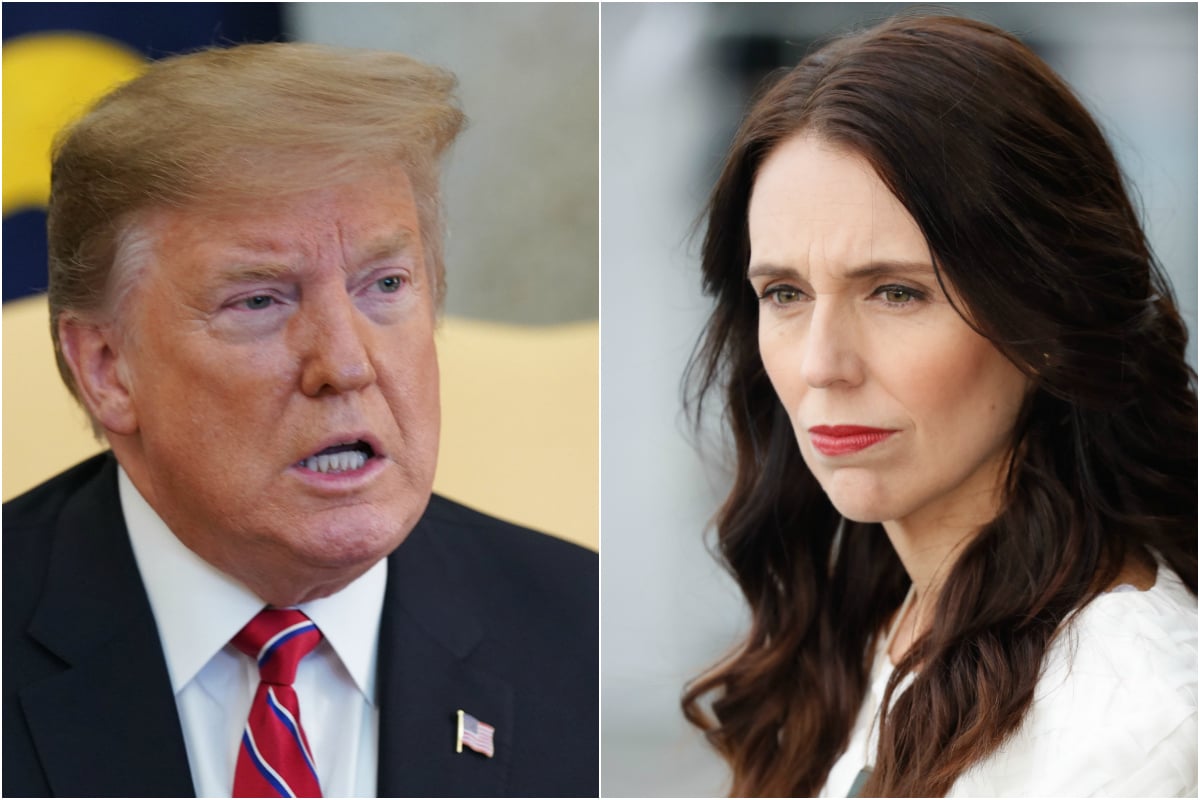
Less than 24 hours after a terrorist murdered 50 people in a mass shooting at two mosques in Christchurch, New Zealand, Prime Minister Jacinda Ardern uttered the words her country was waiting to hear: “our gun laws will change”.
Less than six days later, she followed through on that promise. Legislation to come into effect on April 11 will see a ban on military-style semi-automatic weapons and assault rifles, plus large-capacity magazines. As well as an immediate halt on sales of weapons to avoid stockpiling, the government will spend an estimated NZ$100m-200m on a buyback program to remove now-banned weapons from the streets.
Announcing the reforms on Thursday, the Labor leader said, “Our history changed forever. Now our laws will, too.”
The speed at which Ardern turned a tragedy into action has been described as “the fastest ever” response by a government to a mass shooting.
After 35 people were killed in the 1996 Port Arthur massacre, it took the Australian government, led by John Howard, an admirable 10 days to announce the National Firearms Agreement banning semi-automatic weapons. And it took seven months after the massacre of 16 children in Dunblane, Scotland, for the British government to enact a partial ban on handguns.


Top Comments
I agree the NRA is a major factor, but I think we shouldn't discount or underestimate the cultural differences between America and Aus/NZ. From what I have seen, Australians generally appreciate freedom FROM gun violence, etc, Americans appreciate Freedom TO own guns etc. It's a different understanding of freedom fundamentally.
Americans are also into their constitutional rights AND somewhat paranoid about 'government tyranny'
Sure there are also Americans who are very in favour of gun regulation, but there are plenty from all sides of politics and all walks of life who would see such regulations as untenable, regardless what harm results without regulation.
We can be as smug as we want about what our countries did, but I think this approach doesnt persuade that American mindset at all.
So political donations from the NRA didn’t even put it in the top 10 list of donors in the last election. They also have a completely legal right to advocate their position as does the pro abortion lobby to name a much more significant donor.
Congress can pass any gun Law they like but tend not to because it’s unpopular with the electorate and it has to survive legal challenge against the citizens first amendment rights.
They could hold a referendum to amend the constitution but don’t because they know it will lose.
And where did I say otherwise?
In order to change federal law in the USA that is the job of congress. Yes the president can veto but its the Republicans in the house+senate that are not allowing gun law changes. If a supermajority is achieved in both houses then the president cannot veto.